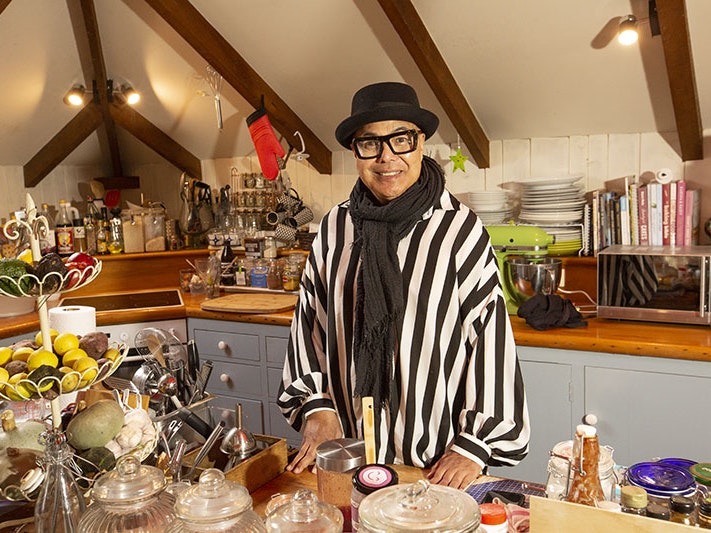
Matariki kai: chicken soup, parāoa koroua, citrus and syrup cake recipes
Uncle Pare’s earliest kai memory is parāoa koroua cooked on hot embers. Watch his simple recipe as he describes how kai has shaped his life.
Free museum entry for New Zealanders and people living in New Zealand
Open every day 10am-6pm
(except Christmas Day)
Free museum entry for New Zealanders and people living in New Zealand
Find inspiration for your own Matariki feasts with these recipes – and the kōrero behind them.
This is an ongoing project, and will be updated with new pages and recipes.

Uncle Pare’s earliest kai memory is parāoa koroua cooked on hot embers. Watch his simple recipe as he describes how kai has shaped his life.
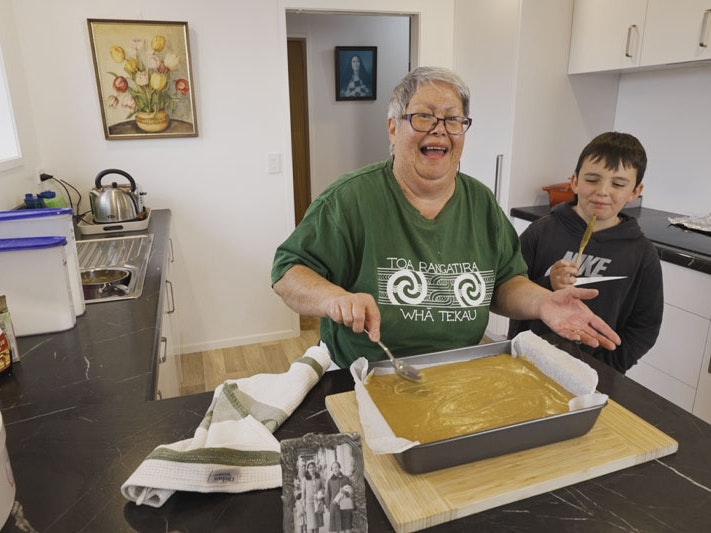
‘A sweet treat for Matariki.’ A whānau favourite that will be a hit with everyone: a particularly crunchy ginger crunch.

Throughout the weeks leading up to Matariki, 2024, guest speakers give a series of talks about kai Māori (Māori food) practices connected to taonga (treasures) from our collection.
This kōrero talk is about Waitī – the whetū (star) associated with fresh water.
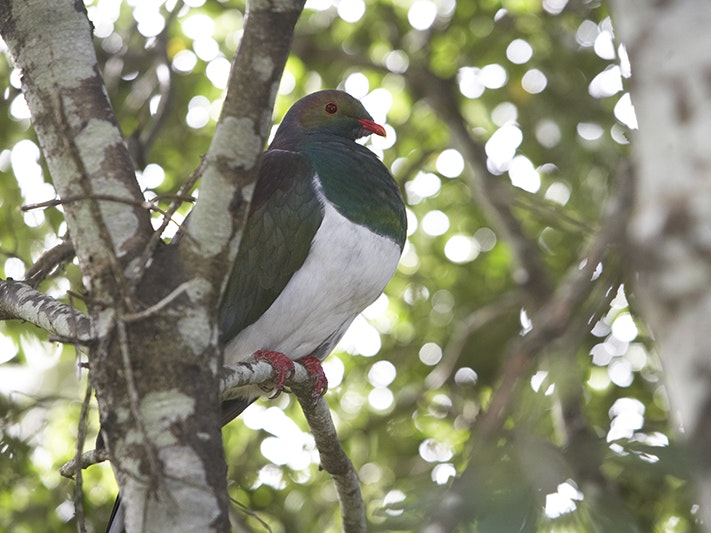
Throughout the weeks leading up to Matariki, 2024, guest speakers give a series of talks about kai Māori (Maori food) practices connected to taonga (treasures) from our collection.
This kōrero is about Tipuārangi – the whetū (star) associated with all that lives and grows in the trees.
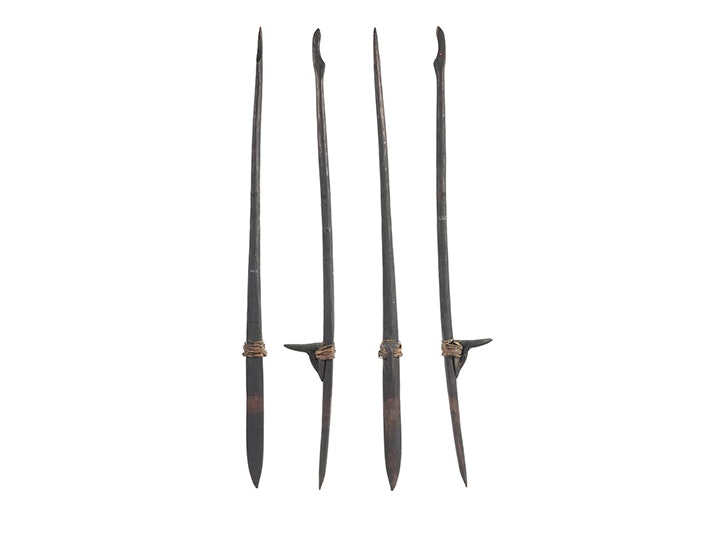
Public Programming Specialist, Kaupapa Māori Aroha Matchitt-Millar (Ngāti Rangitihi, Ngāti Tarāwhai, Ngāi Tūhoe) talks about her connection to Matariki and mātauranga Māori (Māori knowledge) and shares her kōrero (talk) about the 2024 theme, Matariki Heri Kai, the feast of Matariki.
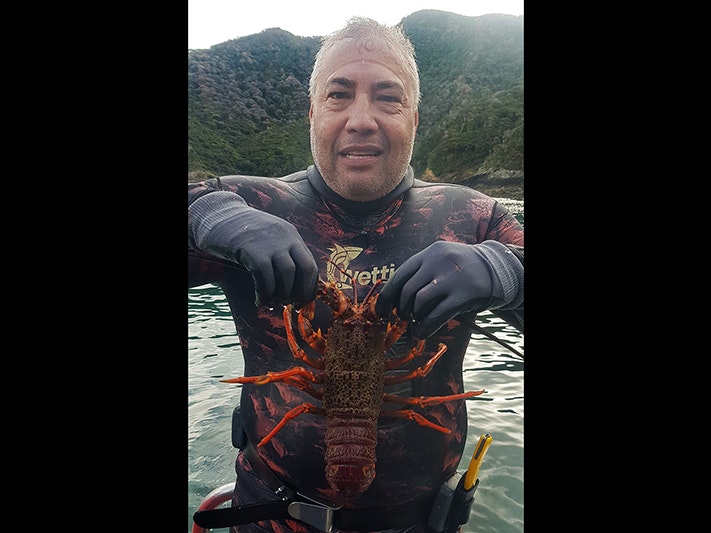
Exhibition experience developer Dan Parke spoke with Tamati Stevens a kairangahau (researcher), kairuku (diver) and educator specialising in rocky reef ecosystems.
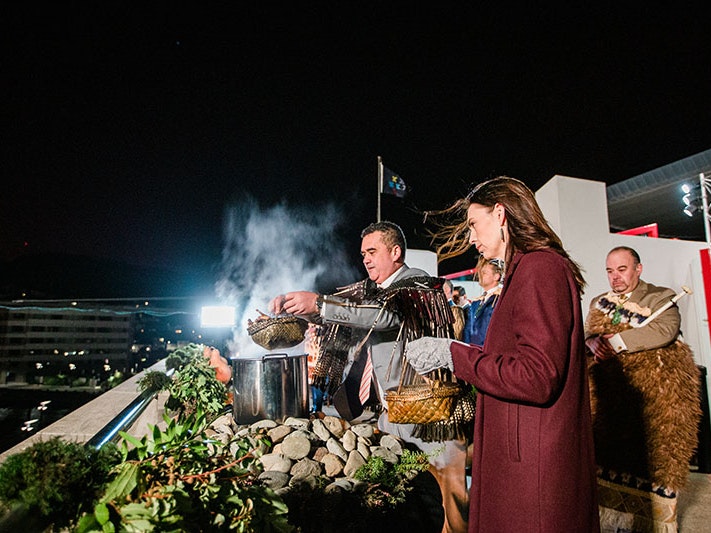
All you need to know about the whāngai i te hautapu – the ceremonial offering to Matariki – including how to host your own.
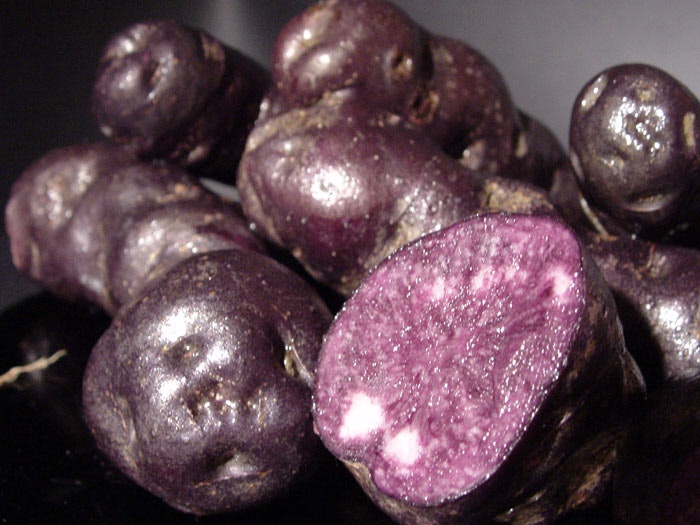
Taewa (or rīwai) is a collective name for the varieties of potatoes (Solanum tuberosum) cultivated by Māori.
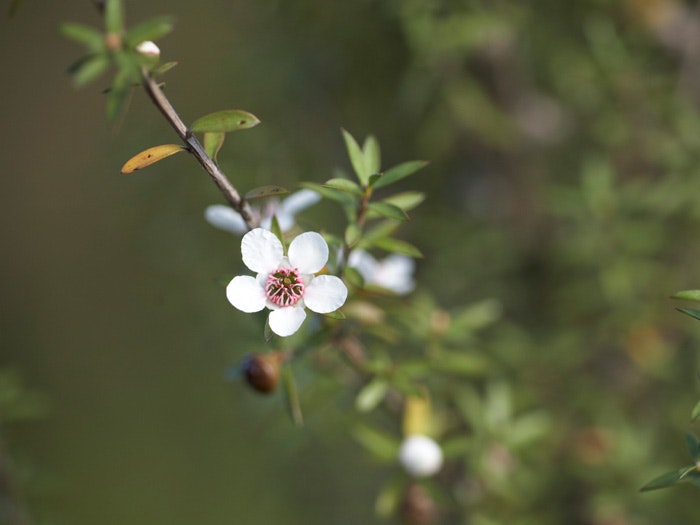
Rongoā Māori is the traditional Māori healing system. Ailments are treated in a holistic manner.
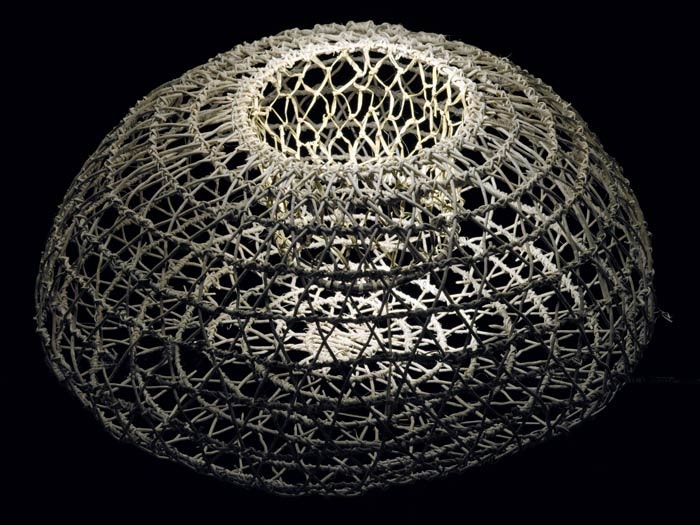
Before the arrival of metal tools and the gun, Māori used natural resources to make tools for hunting, fishing, eeling, and cultivating crops.
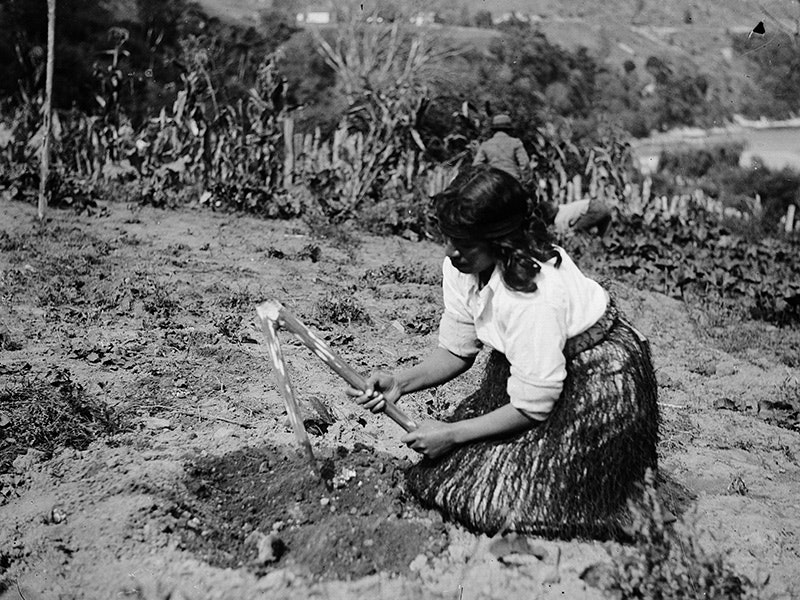
Traditionally, Māori were essentially an agricultural people, with a large portion of their time and attention being given to cultivation.